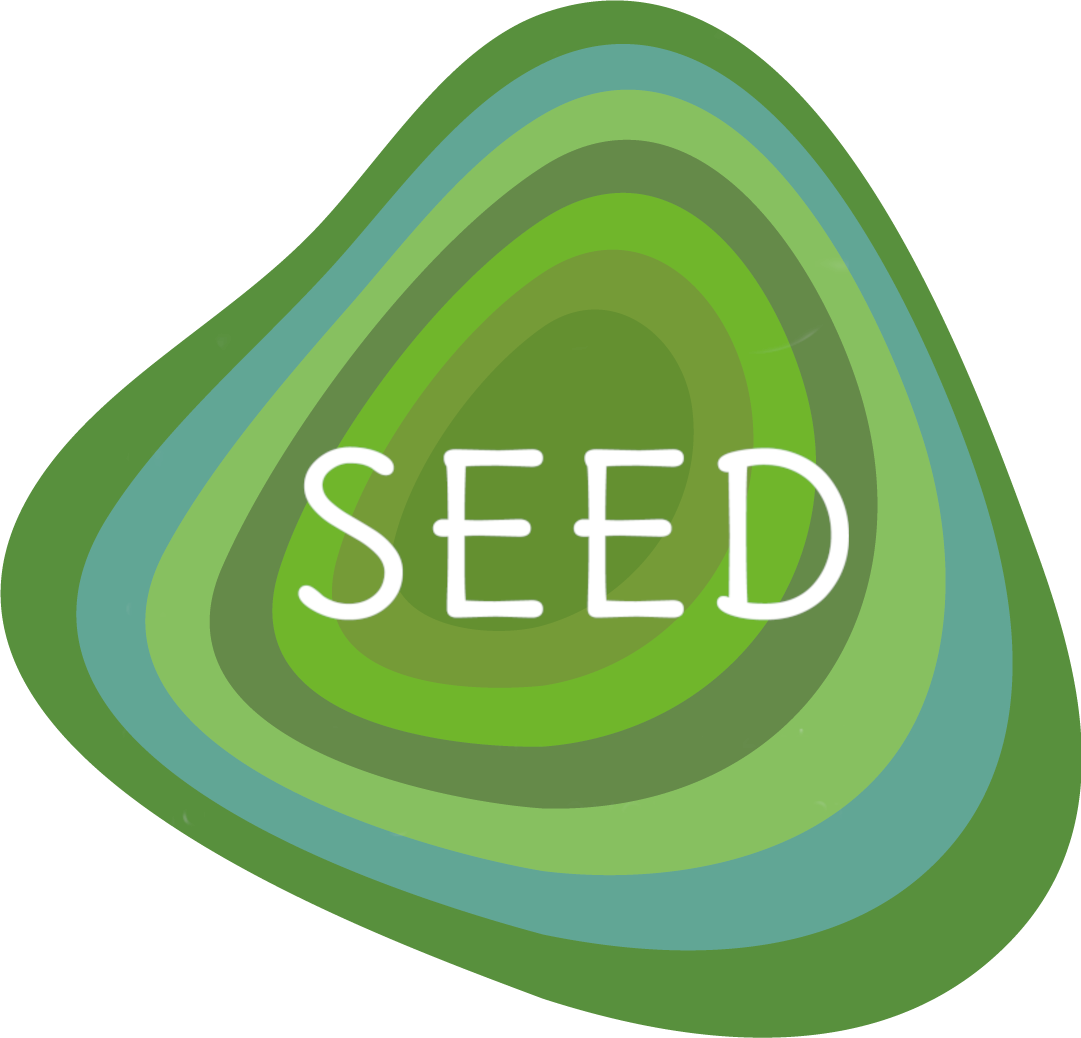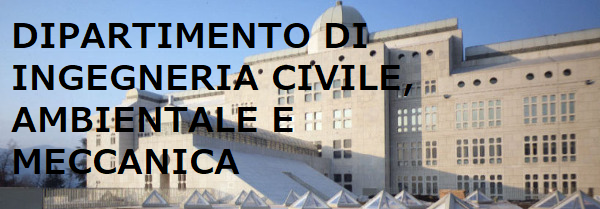Graduate (MSC)
Sustainability and international cooperation
The graduate courses are part of the curriculum “Environmental Sustainability and International Cooperation”. The specific objectives of this curriculum, a core activity of the Chair, are:
Courses offered
This curriculum aims to equip studends with the necessary technical knowledge, tools and critical skills needed to detect critical environmental problems, related causes and underlying processes and dynamics, to identify context-appropriate solution and strategies able to integrate environmental protection with sustainable human development. This is achieved through an educational package that comprises many educational courses at MSc level.
The courses methodology integrates traditional lectures with active learning approaches including group activities (Role play, joint project development), field visit, a project-based course with practical fieldwork (including design
and data post-processing). Two internship (short and long) can be part of the program on the basis of the student choice: the short one is a group work, the long is individual work within development project.
All the lessons will be held in English.
Summer course in environmental engineering for Development (SeeD)
The group of the students, accompanied by professors, will be involved in 2 weeks field work for developing an international cooperation project. Students are directly involved in field data analysis survey and in the proposal elaboration. All the activities are carried out in partnership with governmental institution and civil society organizations and variable focuses which can include river management, water supply and sanitation, watershed management, solid waste management, geo-morphological processes analysis, soil erosion. The results of these project stages are environmental engineering projects that are shared with partners and often become part of their future development plan.
For more detail click on the following button.

Thesis research
It is highly recommended to do the thesis research abroad in a context of international cooperation. The skills acquired during the 2 years degree will be enhanced during the period of the project (generally 3 months). The student will be monitored by its Italian supervisor and directly helped by the local partner.
Click on the map to see all the realised projects!




